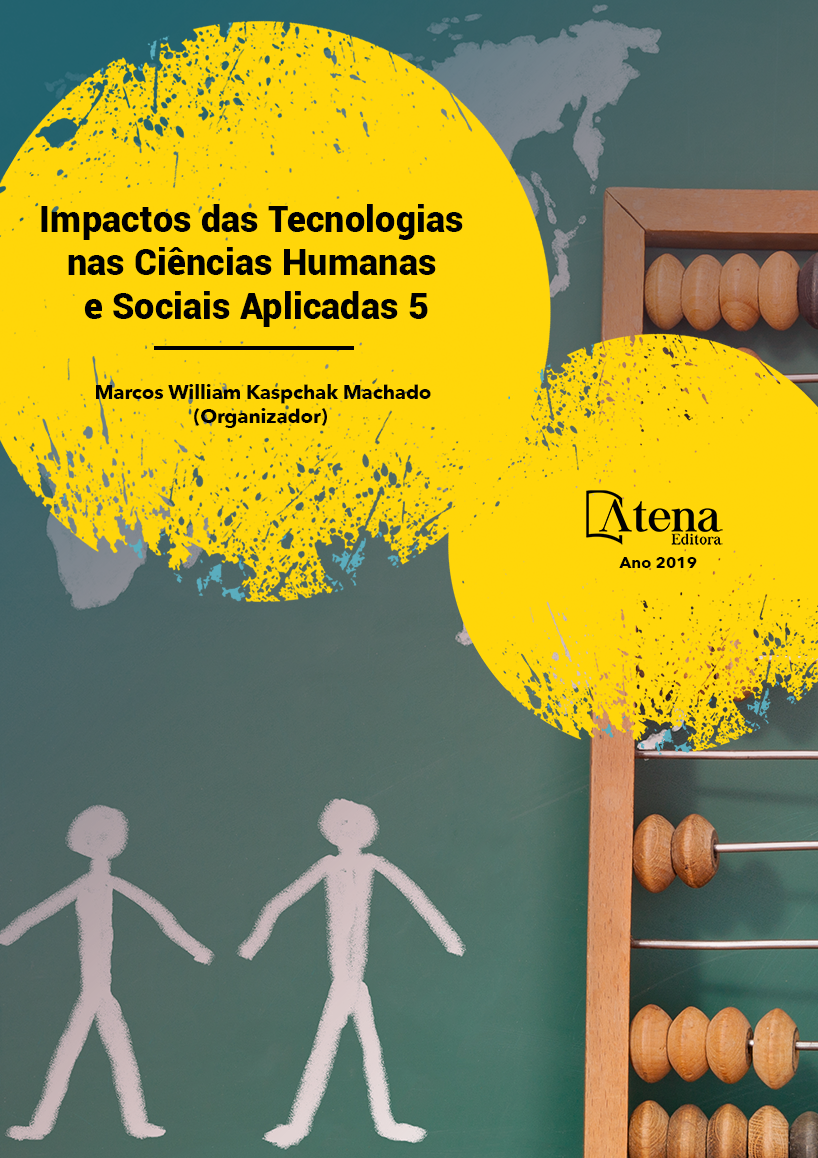
O PROTAGONISMO DE IDOSAS FRENTE A CATÁSTROFES NATURAIS: A RESILIÊNCIA EM QUESTÃO
No início de 2010 a cidade de São
Luiz do Paraitinga, no Vale do Paraíba Paulista,
foi atingida por uma grande enchente que afetou
quase toda sua população. Pressupõe-se que
este evento, além dos impactos socioculturais e
históricos, teve implicações individuais na vida
dos envolvidos, exigindo-lhes uma adaptação do
potencial de resiliência psicológica, entendida
aqui como a capacidade que o ser humano tem
de enfrentar e responder de forma positiva às
experiências com elevado potencial de risco
para sua saúde e desenvolvimento. O objetivo
foi identificar como o evento atingiu a vida e o
cotidiano de idosos; de que forma vivenciaram
os desafios impostos por esse evento histórico,
realçando o protagonismo das mulheres durante
e após a enchente. Realizou-se um estudo
qualitativo, do tipo exploratório. O instrumento
utilizado foi a entrevista semi-estruturada. A
modalidade de entrevista foi a História de Vida
Focal (HVF). As entrevistas foram feitas com
10 idosos, acessados por meio da técnica
snow ball. Os dados obtidos foram submetidos
à Análise de Conteúdo. Constatou-se como
resultados que as mulheres exerceram um papel
fundamental de enfrentamento mediante os
riscos ocasionados por esta catástrofe. Conclui
que esta catástrofe natural alterou a vida e o
cotidiano dos idosos, que se viram obrigados a
deixar suas residências, ficando numa situação
de vulnerabilidade durante o período da cheia
do rio, bem como no período subsequente.
Constatou-se que as mulheres contaram com
o potencial de resiliência, especialmente dos
fatores subjetivos de proteção, protagonizando
o processo de enfrentamento dos riscos dessa
adversidade.
O PROTAGONISMO DE IDOSAS FRENTE A CATÁSTROFES NATURAIS: A RESILIÊNCIA EM QUESTÃO
-
DOI: 10.22533/at.ed.65719110322
-
Palavras-chave: Catástrofes naturais. Resiliência. Idosos. Mulheres. Protagonismo.
-
Keywords: Natural Disasters. Resilience. Elderly. Woman. Role.
-
Abstract:
In the beginning of 2010 the city of
São Luiz do Paraitinga, in the valley of Paraíba
Paulista, was struck by a great flood that affected
almost all its population. It is assumed that
this event, in addition to the socio-cultural and
historical impacts, had individual implications
in the lives of those involved, requiring them
an adaptation of the potential of psychological
resilience, understood here as the capacity
that the human being has to Face and respond
positively to experiences with high risk potential
for your health and Development. The goal was
to identify how the event reached the life and the daily lives of the elderly; How they
experienced the challenges imposed by this historical event, emphasizing the role of
women during and after the Flood. A qualitative, exploratory-type study was carried
Out. The instrument used was the structured intervew. The interview mode was the
Focal life story (HVF). The interviews were done with 10 seniors, accessed by means
of the snow ball Technique. The data obtained were submitted to content Analysis. It
has been found that women have played a fundamental role in coping with the risks
caused by this catastrophe. It concludes that this natural catastrophe has altered the
life and daily lives of the elderly, who have been forced to leave their homes, being in
a situation of vulnerability during the period of the flood of the river, as well as in the
subsequent Period. It was found that women had the potential for resilience, especially
the subjective factors of protection, starring the process of facing the risks of this
Adversity.
-
Número de páginas: 15
- Marluce Auxiliadora Borges Glaus Leão
- Leda Nardi


